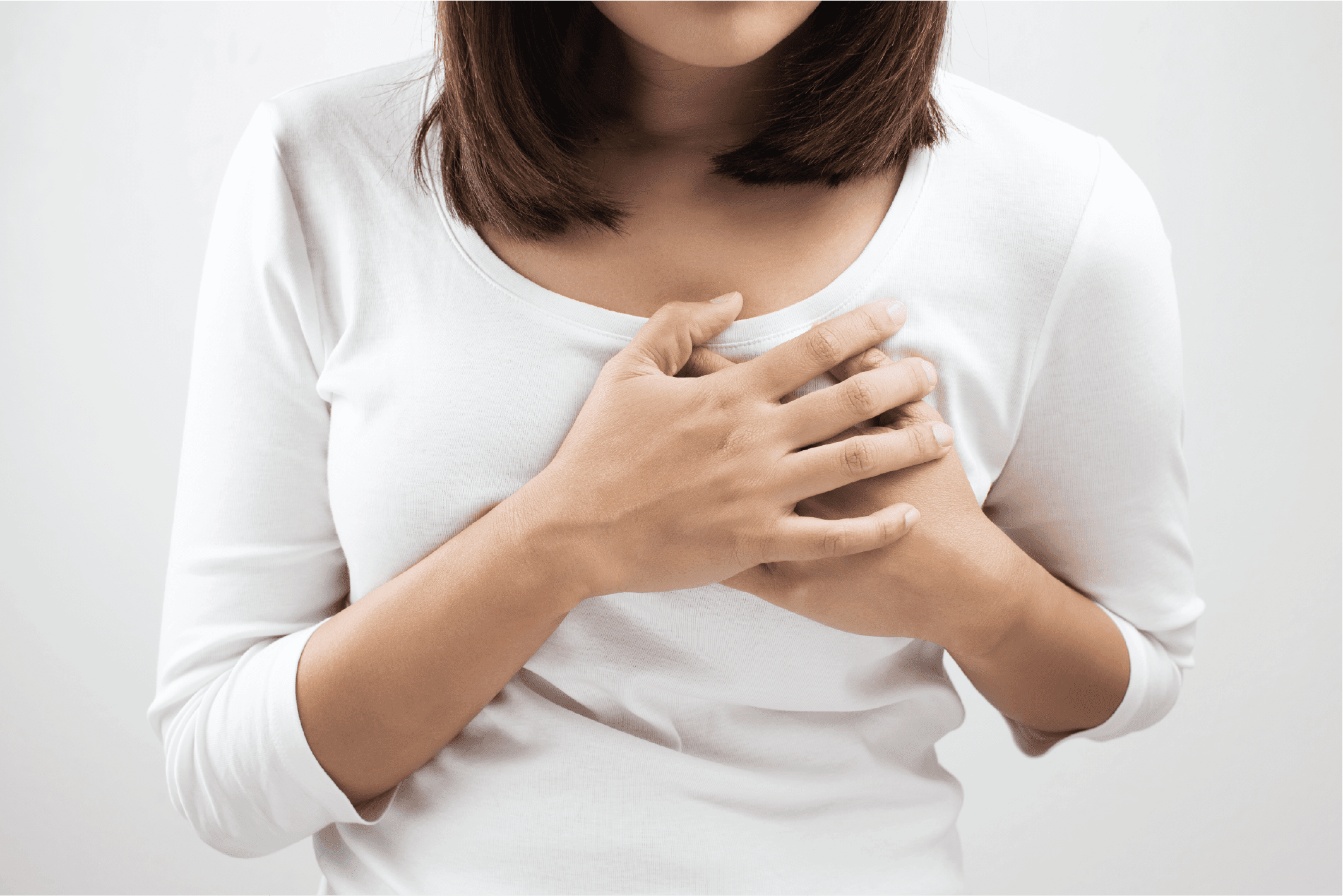Do Deodorants Cause Breast Cancer?


- There is no conclusive evidence that deodorants and antiperspirants cause breast cancer.
- There are theories that the aluminum in deocorants may stimulate production of the hormone estrogen, which may lead to increased breast cancer risk.
- No studies have proven these theories.
Some people worry that deodorants and antiperspirants stop the body from sweating out toxins, which then build up in the lymph glands under the armpit, causing breast cancer. However, our bodies have several ways of getting rid of toxins and, while sweating is one of them, it does not involve the lymph glands.
Deodorant and Antiperspirants
For the majority of us, using deodorant is a daily routine that we barely think about. We don’t want to smell and sweat. Actually it is not our sweat that smells, it is the reaction it has when it mixes with the bacteria on your skin. The bacteria releases body odour, often unpleasant. Deodorants and antiperspirants work in different ways to cover up body odour (or BO).
Deodorants work by masking the smell with a more pleasant scent. They may also create a more acidic environment where applied, which may prevent the bacteria from releasing odours.
Antiperspirants use ingredients, usually aluminum-based, to block sweat glands, reducing the amount of perspiration released.
Do the chemicals in deodorants and antiperspirants cause breast cancer?
There is also no conclusive evidence that ingredients in deodorants and antiperspirants – such as aluminum or chemicals called parabens – cause breast cancer.
The National Cancer Institute notes that studies looking at ingredients in deodorants and antiperspirants and the potential risk of breast cancer focus on the use of aluminium. The theory is that the aluminum in these products may stimulate production of the hormone estrogen, which may lead to increased breast cancer risk. This postulates that aluminum is absorbed through the skin, especially in women who shave their underarms, inadvertently causing small nicks or cuts. It’s through these small nicks to the skin that chemicals from the antiperspirant may gain access to the lymph nodes, which could cause cells to mutate and develop into cancer. Men would be at lower risk because most men don’t shave their underarms. However, no studies have proved these theories.
Women are advised to avoid using a deodorant, antiperspirant or talc containing aluminum when they go for a mammogram only because the aluminum might show up on the x-ray image and give an inaccurate reading.
___
Nabta is reshaping women’s healthcare. We support women with their personal health journeys, from everyday wellbeing to the uniquely female experiences of fertility, pregnancy, and menopause. You can track your menstrual cycle and get personalised support by using the Nabta app.
Get in touch if you have any questions about this article or any aspect of women’s health. We’re here for you.












































